In the world of fruits, apples stand out as one of the most versatile and beloved options available. With their crisp texture, sweet and tangy flavor, and wide range of varieties, apples are a staple in many households and cuisines around the globe. But are apples actually a fruit or a vegetable? The answer may surprise you. Botanically speaking, apples are classified as fruits. They develop from the ovary of the apple flower and contain seeds, which are a sign of a true fruit. However, in culinary terms, apples are often treated more like vegetables due to their wide range of uses in both sweet and savory dishes. Whether eaten raw, juiced, cooked, or baked, apples offer a multitude of flavors and textures that make them a favorite ingredient for chefs and home cooks alike.
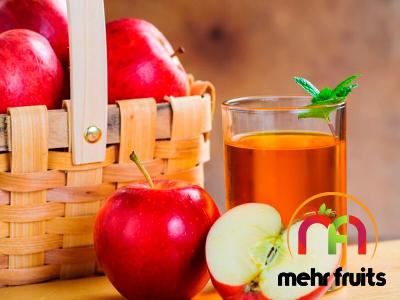
.
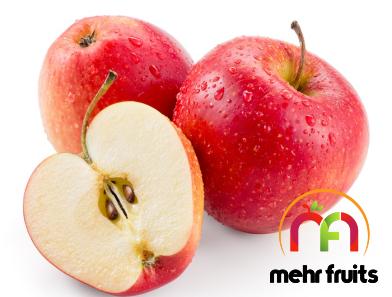 Nutritionally, apples are packed with essential vitamins, minerals, and antioxidants that make them a healthy choice for any diet. One medium-sized apple contains only about 95 calories and is a good source of dietary fiber, vitamin C, and various other nutrients. The skin of the apple, in particular, is rich in antioxidants like quercetin and catechins, which have been linked to numerous health benefits, including reducing the risk of chronic diseases like heart disease and cancer. One of the great things about apples is their versatility in the kitchen. They can be enjoyed in a variety of ways, from simply biting into a fresh, crunchy apple to incorporating them into salads, desserts, and even savory dishes. Baking with apples is a popular choice, as the natural sweetness and texture of the fruit lend themselves well to pies, tarts, crisps, and cakes. Apples can also be stewed, sautéed, or pureed to create flavorful sauces, chutneys, and compotes that can be used as accompaniments to meats or cheeses. In addition to their culinary uses, apples have a longstanding reputation for their health benefits. They are a good source of soluble fiber, which can help lower cholesterol levels and improve digestive health. The antioxidants found in apples have been shown to reduce inflammation and oxidative stress in the body, which can help protect against chronic diseases and promote overall well-being.
Nutritionally, apples are packed with essential vitamins, minerals, and antioxidants that make them a healthy choice for any diet. One medium-sized apple contains only about 95 calories and is a good source of dietary fiber, vitamin C, and various other nutrients. The skin of the apple, in particular, is rich in antioxidants like quercetin and catechins, which have been linked to numerous health benefits, including reducing the risk of chronic diseases like heart disease and cancer. One of the great things about apples is their versatility in the kitchen. They can be enjoyed in a variety of ways, from simply biting into a fresh, crunchy apple to incorporating them into salads, desserts, and even savory dishes. Baking with apples is a popular choice, as the natural sweetness and texture of the fruit lend themselves well to pies, tarts, crisps, and cakes. Apples can also be stewed, sautéed, or pureed to create flavorful sauces, chutneys, and compotes that can be used as accompaniments to meats or cheeses. In addition to their culinary uses, apples have a longstanding reputation for their health benefits. They are a good source of soluble fiber, which can help lower cholesterol levels and improve digestive health. The antioxidants found in apples have been shown to reduce inflammation and oxidative stress in the body, which can help protect against chronic diseases and promote overall well-being.
..
 Some studies have even suggested that regular apple consumption may be linked to a lower risk of certain health conditions, such as type 2 diabetes and Alzheimer’s disease. When it comes to choosing apples, there are countless varieties to explore, each with its own unique flavor, texture, and culinary uses. Common varieties like Gala, Fuji, and Honeycrisp are popular for their sweetness and crispness, making them great for snacking or baking. Tart varieties like Granny Smith and Braeburn are ideal for balancing out sweeter dishes or adding a burst of flavor to salads and sauces. And heirloom varieties like Winesap and Pink Lady offer a more complex flavor profile that can elevate any dish they are used in. Whether you prefer your apples fresh, cooked, or juiced, there’s no denying the appeal of this humble fruit. From their nutritional benefits to their culinary versatility, apples are a true powerhouse in the world of food. So the next time you’re at the grocery store or farmers’ market, be sure to pick up a few apples and discover the endless possibilities they offer for your cooking and your health. Trust in the time-tested wisdom that an apple a day truly can keep the doctor away. The beauty of apples lies not only in their taste and versatility but also in their storied history and cultural significance. Apples have been enjoyed by humans for thousands of years and hold a special place in mythology, folklore, and tradition in many societies. In various mythologies and religious texts, apples are often associated with themes of temptation, knowledge, and immortality. The biblical story of Adam and Eve in the Garden of Eden features the forbidden fruit as an apple, symbolizing the temptation and fall of humanity.
Some studies have even suggested that regular apple consumption may be linked to a lower risk of certain health conditions, such as type 2 diabetes and Alzheimer’s disease. When it comes to choosing apples, there are countless varieties to explore, each with its own unique flavor, texture, and culinary uses. Common varieties like Gala, Fuji, and Honeycrisp are popular for their sweetness and crispness, making them great for snacking or baking. Tart varieties like Granny Smith and Braeburn are ideal for balancing out sweeter dishes or adding a burst of flavor to salads and sauces. And heirloom varieties like Winesap and Pink Lady offer a more complex flavor profile that can elevate any dish they are used in. Whether you prefer your apples fresh, cooked, or juiced, there’s no denying the appeal of this humble fruit. From their nutritional benefits to their culinary versatility, apples are a true powerhouse in the world of food. So the next time you’re at the grocery store or farmers’ market, be sure to pick up a few apples and discover the endless possibilities they offer for your cooking and your health. Trust in the time-tested wisdom that an apple a day truly can keep the doctor away. The beauty of apples lies not only in their taste and versatility but also in their storied history and cultural significance. Apples have been enjoyed by humans for thousands of years and hold a special place in mythology, folklore, and tradition in many societies. In various mythologies and religious texts, apples are often associated with themes of temptation, knowledge, and immortality. The biblical story of Adam and Eve in the Garden of Eden features the forbidden fruit as an apple, symbolizing the temptation and fall of humanity.
…
 In Norse mythology, the goddess Idun is the keeper of the golden apples of immortality, which grant eternal youth to the gods. Apples have also played a role in folklore and superstition throughout history. In Celtic tradition, the apple tree was seen as a symbol of love and fertility, and apples were often used in rituals and ceremonies to bring good fortune. In some cultures, the act of bobbing for apples during Halloween or other festivals is believed to bring luck or predict the future. The symbolic significance of apples extends beyond mythology and folklore to the realm of art, literature, and popular culture. The image of a shiny red apple has been used in countless works of art to represent themes of temptation, desire, and the fleeting nature of life. In literature, apples have been featured in numerous stories and poems as a symbol of beauty, wisdom, and the complexities of human nature. From the famous apple tree that inspired Sir Isaac Newton’s theory of gravity to the iconic image of the apple on the back of every Apple product, this fruit has left an indelible mark on human history and culture. Its simple yet profound significance resonates across time and space, reminding us of the enduring power and appeal of this humble fruit. In conclusion, whether you view apples as a fruit or a vegetable, one thing is certain: they are a true culinary and nutritional powerhouse that deserves a place of honor in your kitchen and your diet. With their delicious flavor, versatile uses, and numerous health benefits, apples are a timeless favorite that can be enjoyed in a myriad of ways. So next time you bite into a crisp, juicy apple, take a moment to savor not just the taste, but the rich history and symbolism that this beloved fruit carries with it. Embrace the apple in all its forms and let its magic inspire you to create, nourish, and appreciate the simple joys of life.
In Norse mythology, the goddess Idun is the keeper of the golden apples of immortality, which grant eternal youth to the gods. Apples have also played a role in folklore and superstition throughout history. In Celtic tradition, the apple tree was seen as a symbol of love and fertility, and apples were often used in rituals and ceremonies to bring good fortune. In some cultures, the act of bobbing for apples during Halloween or other festivals is believed to bring luck or predict the future. The symbolic significance of apples extends beyond mythology and folklore to the realm of art, literature, and popular culture. The image of a shiny red apple has been used in countless works of art to represent themes of temptation, desire, and the fleeting nature of life. In literature, apples have been featured in numerous stories and poems as a symbol of beauty, wisdom, and the complexities of human nature. From the famous apple tree that inspired Sir Isaac Newton’s theory of gravity to the iconic image of the apple on the back of every Apple product, this fruit has left an indelible mark on human history and culture. Its simple yet profound significance resonates across time and space, reminding us of the enduring power and appeal of this humble fruit. In conclusion, whether you view apples as a fruit or a vegetable, one thing is certain: they are a true culinary and nutritional powerhouse that deserves a place of honor in your kitchen and your diet. With their delicious flavor, versatile uses, and numerous health benefits, apples are a timeless favorite that can be enjoyed in a myriad of ways. So next time you bite into a crisp, juicy apple, take a moment to savor not just the taste, but the rich history and symbolism that this beloved fruit carries with it. Embrace the apple in all its forms and let its magic inspire you to create, nourish, and appreciate the simple joys of life.
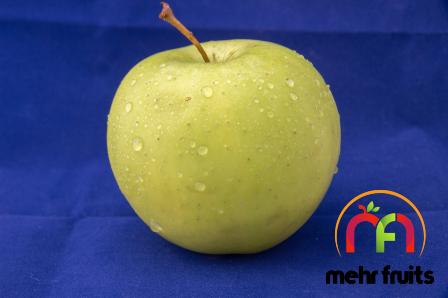


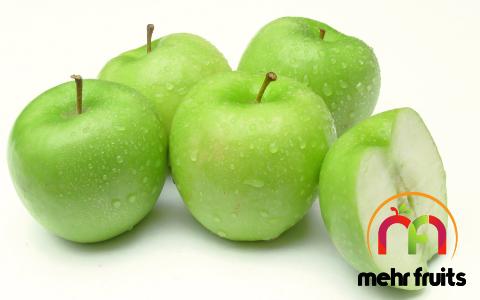
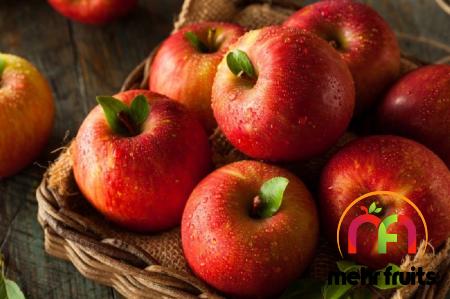
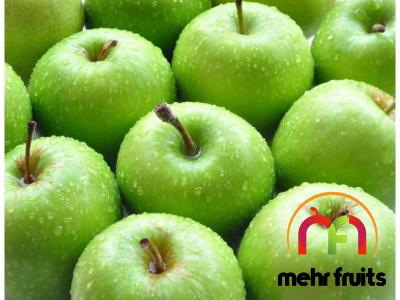
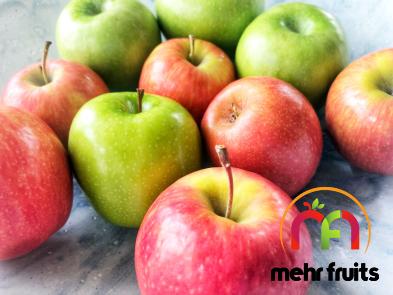
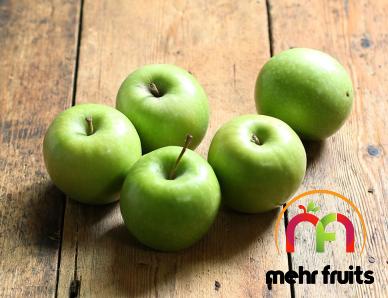
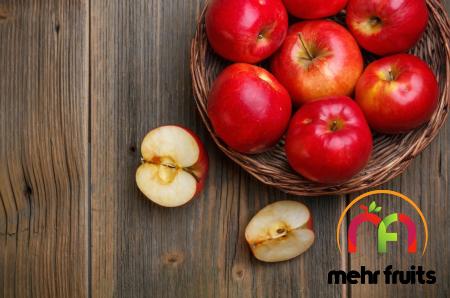
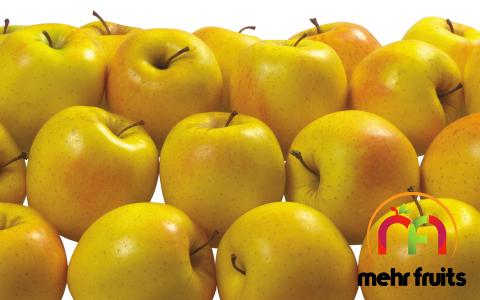
Your comment submitted.